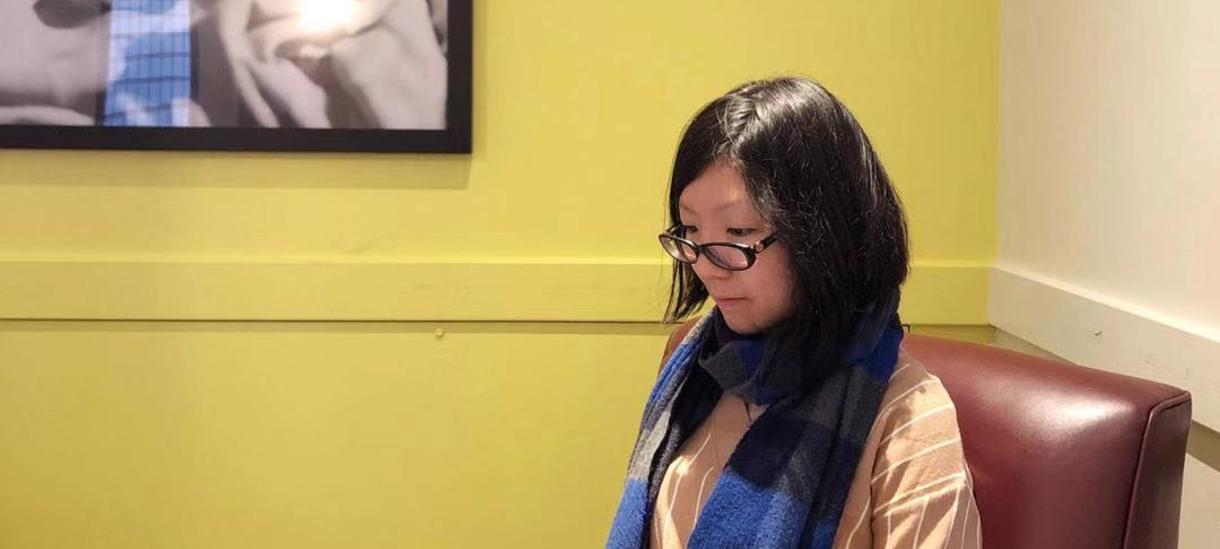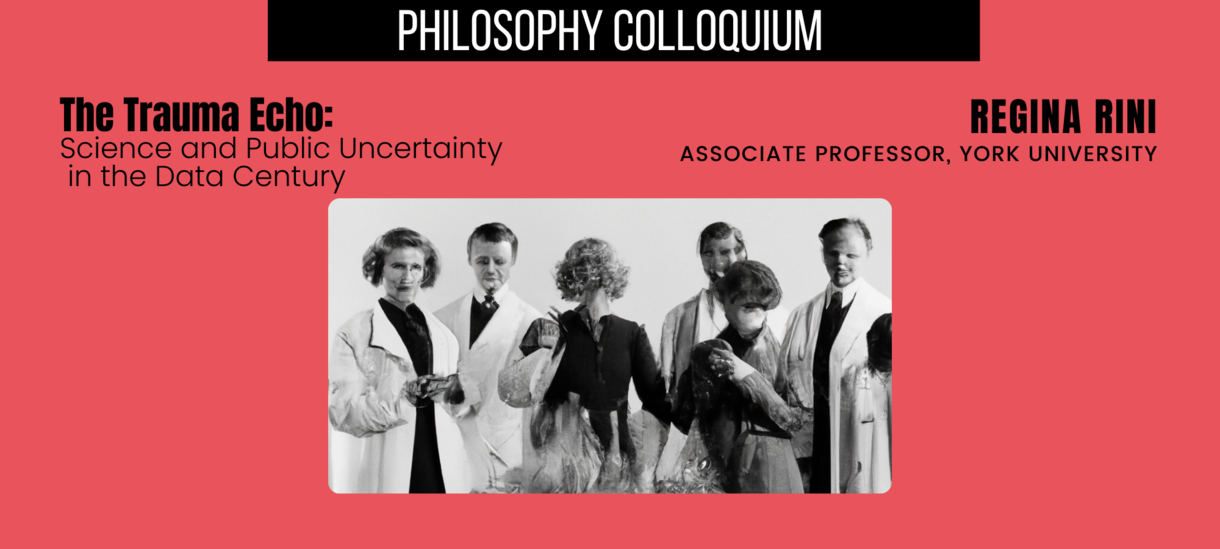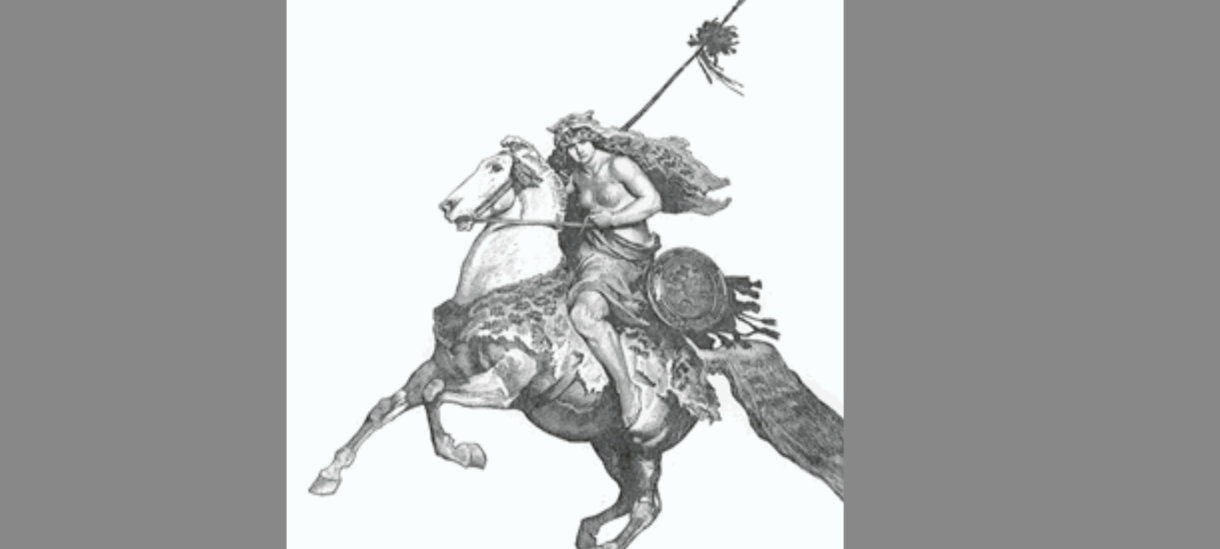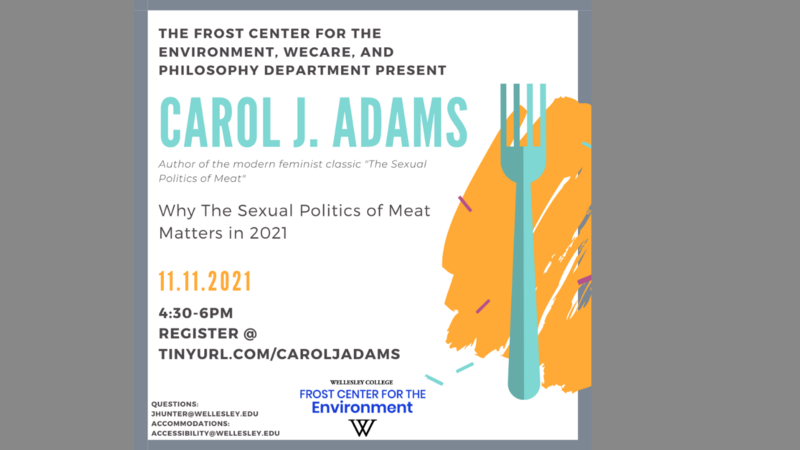Work in Ancient and Contemporary Epistemology
Snow Zhang '16 & Claudia Yau '16
Friday, April 21s at 3:45 pm in FND 300
In this joint session, Snow and Claudia present an overview of two different projects in epistemology.
Snow will present a project on the epistemology of subjunctive supposition. We revise our beliefs when we acquire new information. We also revise our beliefs hypothetically, when we suppose that something is true without learning that it is indeed the case. Many think that there are two kinds of supposition, indicative and subjunctive, and they call for different hypothetical belief revisions. If Shakespeare didn’t write Hamlet, then probably someone else did, but if Shakespeare hadn’t written Hamlet, then it’s unlikely that someone else would have. While rational belief revision under indicative supposition is well-understood, rational belief revision under subjunctive supposition is a relatively new field with many open questions. The main goal of Snow’s talk is to sketch some of the problems in this area and her proposed solutions. Along the way, Snow will also discuss how she got interested in this topic in particular and formal epistemology in general.
Claudia will present on a topic in ancient moral epistemology. ‘Wisdom’ (sophia) was a highly contested term in 5th and 4th c. Athens. Philosophers, sophists, and other thinkers engaged in a lively and politically significant dispute about which people deserved to be called ‘wise’ and which intellectual ability merited the title, ‘wisdom’. Aristotle entered this debate by defending a resolutely theoretical account of wisdom, according to which wisdom is scientific understanding (epistēmē) together with immediate insight (nous) of the most honorable things. In defending this account, Aristotle broke sharply from traditional conceptions of wisdom, which connected it closely with crafts and identified it as a human virtue directed at practical affairs. The goal of the talk is to present some problems scholars have raised to Aristotle’s argument for his account of wisdom (NE 6.7) and present some proposed responses. Like Snow, Claudia will also discuss how she got interested in the topic and research area.






